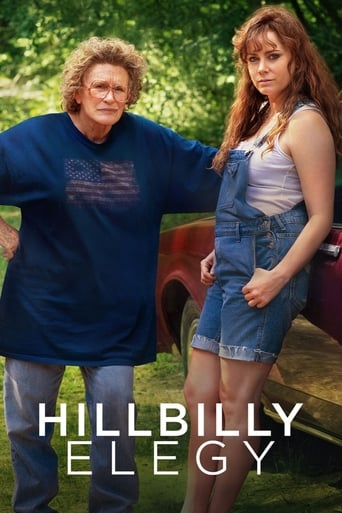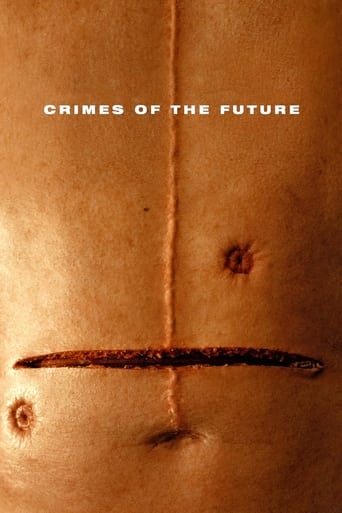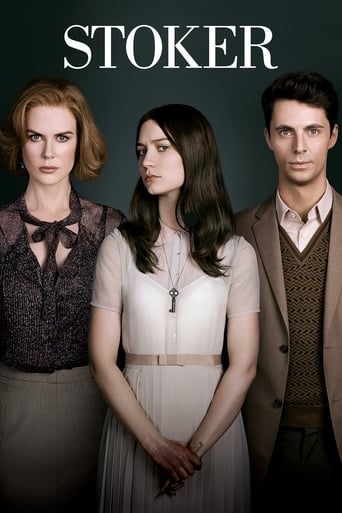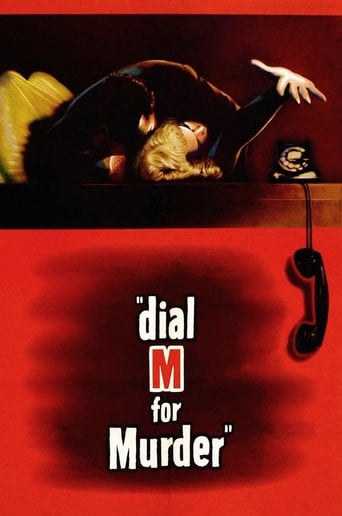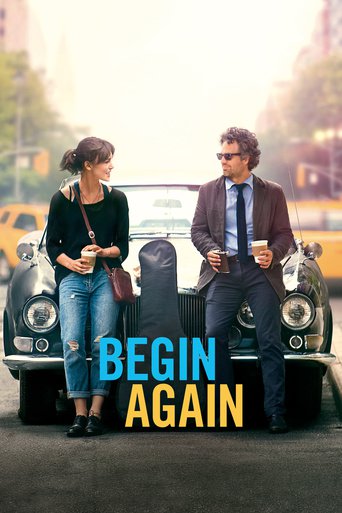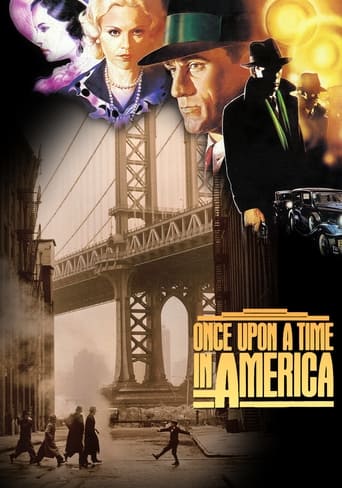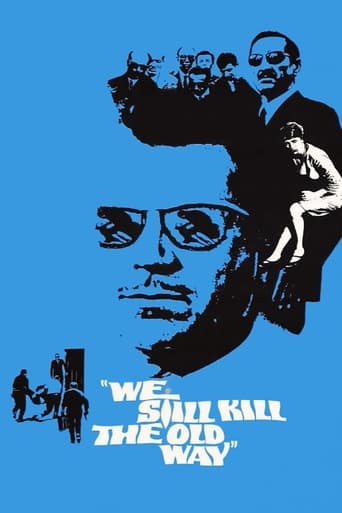


We Still Kill the Old Way
A leftist professor wants the truth about two men killed during a hunting party; but the mafia, the Church and corrupt politicians don't want him to learn it.
-
- Cast:
- Gian Maria Volonté , Irene Papas , Gabriele Ferzetti , Laura Nucci , Mario Scaccia , Luigi Pistilli , Leopoldo Trieste


Similar titles
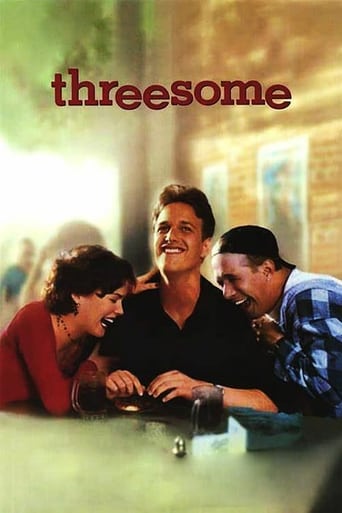
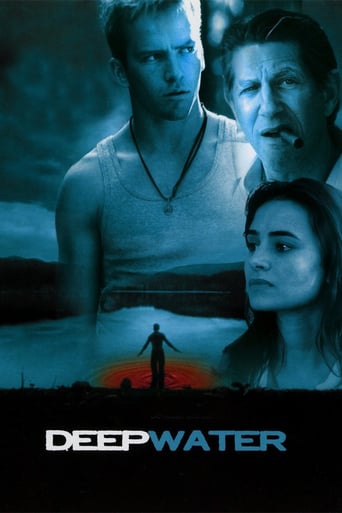
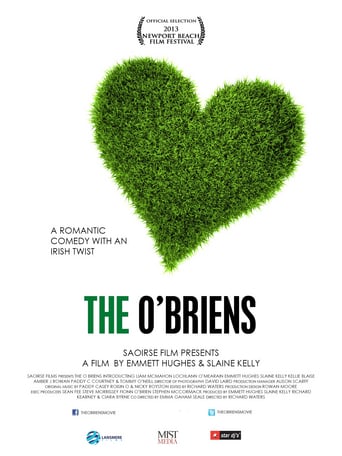
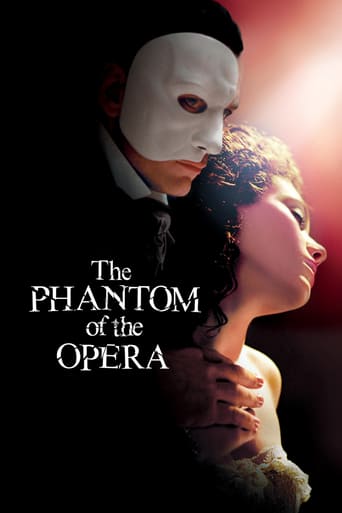
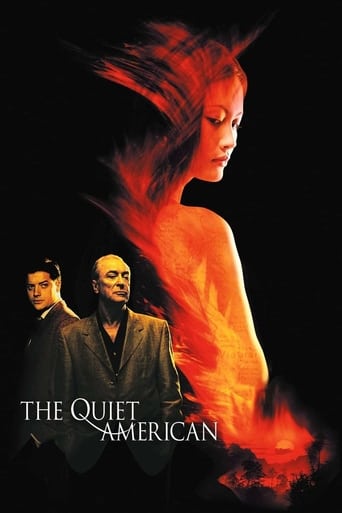
Reviews
You won't be disappointed!
While it doesn't offer any answers, it both thrills and makes you think.
One of the worst ways to make a cult movie is to set out to make a cult movie.
By the time the dramatic fireworks start popping off, each one feels earned.
"A Ciascuno il suo" is based on the homonymous book by Leonardo Sciascia, and just like many of the author's books is an unconventional detective story aimed at unveiling the hypocrisy and immorality of Sicilian society. The story begins with a man showing his friends a few threat letters. A few days later he gets shot together with one of his friends, a chemist. The murder is filed under "honour crime" (delitto d'onore) a murder committed out of passion and jealousy, and a peasant is convicted for it. Gian Maria Volonté is an awkward school professor who believes in the peasant's innocence, and decides to investigate the crime. His infatuation with the beautiful wife of the victim also plays a part in his decision to solve the mystery. As the story unveils, he will discover unpleasant truths, but will continue with the investigation despite all dangers. Volonté is as formidable as always, changing his accent and posture to fit the part. But the real protagonist is the Sicilian landscape in all its harsh brightness. The cinematography is such that we can almost feel the wind, the sun and the dryness of the air. When I first watched this film I wondered whether anyone who was not Sicilian or familiar with Sciascia's writing would understand all its complexity, but Elio Petri does a masterful job in transposing the book.
Elio Petri's We Still Kill The Old Way opens with a beautiful aerial shot of Sicily that establishes the importance of the island's natural landscape to the story. Wherever characters go, the sea or Mount Pellegrino always appear behind them. It's a beautiful landscape, mocking all the ugliness bubbling in its urban centres.The town pharmacist, Manno (Luigi Pistilli – fans of Spaghetti Westerns will immediately recognize his face) receives a letter threatening him of death. It's the sixth that month and he's still alive so he doesn't take it seriously. But the next day, during a hunting trip he and his friend, Prof. Roscio (Salvo Randone), are murdered.We could say that one of the film's theme is indifference. Most people seem indifferent to the double homicides. They certainly regret the death of Prof. Roscio, which was probably accidental, a typical example of being in the wrong place at the wrong time. There are no regrets for Manno, the town philanderer. You mess with another man's wife, you get old-fashioned justice. When the relatives of a young girl Manno was seeing are arrested, the case seems closed. No point asking more questions. As Jack Nicholson says in Chinatown, let sleeping dogs lie.Paolo Laurana (Gian Maria Volonté) refuses to let sleeping does lie and starts investigating. An intellectual loner and leftist sympathiser, Laurana, a teacher, is different from his townsfolk. Analysing one of the death letters, he discovers the letters were cut from the L'Osservatore Romano, the Vatican's official newspaper. Knowing that the suspects are illiterate and discovering that very few people receive this newspaper in town, he continues his investigation to have the men freed.His investigation makes him to grow close to Luisa Roscio (Irene Pappas), the deceased's widow, and her cousin, the lawyer Rosello (Gabriele Ferzetti), who's taken the defense of the suspects. Through Luisa, Laurana discovers that Prof. Roscio was actually the target and the death threats against Manno just a pretext. It seems the professor had discovered evidence that someone important in town was involved in corrupt businesses.The story is sadly predictable and takes us through a web of intrigues involving the clergy, the senate, the town's influential men, and possibly the Mafia (although the word itself is never spoken). It's the typical story of a naïve man who stumbles upon corruption and dark secrets in an apparently idyllic place. How much of the story's weakness is due to the original novel by Leonardo Sciascia or the adaptation by Petri, Ugo Pirro and Jean Curtelin, is anyone's guess. But Sciascia, a celebrated author in Italy, did express disappointment over the screenplay.The strength of the movie lies in the cast. Gian Maria Volonté is unstoppable and perfectly captures Laurana's naïveté and aloofness. He's an erudite person but inattentive, incapable of seeing what goes on around him. This flaw is his doom and leads directly to the climax, the best part of the story, an act of betrayal so unexpected and emotionally cruel that I was heartbroken for Laurana.Irene Pappas also gives a fine performance as the widow Luisa (funny, in every movie I've seen her she always plays a widow. In defence of her lack of variety, she does look great in black). Less expansive than Volonté, Pappas acts mostly with her vivid eyes, revealing a personality that has little to say but is always calculating. Her expression of uncertainty and regret at the end of the movie, which is also the beginning of her wedding, encapsulates her character's essence and, like the beautiful landscape that contrasts with the horrible crimes, is at odds with the finale's festive tone.Elio Petri, Gian Maria Volonté and Ugo Pirro met for the first time in this movie. So it's of historical curiosity to their fans. Although they went on to make masterpieces together, the simplistic We Still Kill The Old Way is not to be sneered at, even if it tastes like a mere appetiser for their future successes.
At the beginning of the movie a pharmacist receives an anonymous letter that threatens him of death. And the murder actually happens. Seems very simple but nothing is what it seems and the journey to the truth will be long and difficult. The book is excellent and the movie is at par with it and very faithful to the romance. Great direction. Incredible cast with Gabriele Ferzetti in his best interpretation together with the one in "C'era una volta il West" and Gianmaria Volonté simply beyond reach as always. Many other great actors. Yes I am an enthusiast 'cause there's not a word or a shot out of place in this movie and the plot is ingenious. Who is going to see this film for the first time will be taken away by the developments (the pace seems to be calm but looking in between the kinks you may realize that many things are going rapidly on). Trying to figure out what is the kernel of the happenings and the "reasons" for the murder is a very interesting exercise but it's highly unlikely for the spectator not to experience a big surprise at the end. In my opinion Elio Petri at his best (I mean at the same level of his other masterwork: La classe operaia va in Paradiso).
Although drawn from a powerful novel by Leonardo Sciascia, this results in an oversimplified, well-meaning social mystery set in 1965 Sicily, where two men are killed during a hunting party. A leftist professor (Gian Maria Volonté, a much better actor in the later Petri offering "Indagine su un cittadino al di sopra di ogni sospetto") decides to investigate the murders, only to find himself entangled in a spiderweb of corrupt politicians, "mafiosi" killers and sinister Church connections: the anonymous letters received by the victims - and, in due time, by the professor himself - were made with clippings from the Vatican newspaper "L'Osservatore Romano". There is also a fascinating dark lady character, a victim's widow, played by the splendid Irene Papas, whose black-stockinged legs wink through the whole film to the shy, undecided professor. When he resolves to take the woman, in a love scene near the end of the movie, it is unfortunately too late... The film can still be seen with some fun, but it's far from a serious rendition of the novel and it's not perhaps among the best Mafia movies made in Italy at the time. It's curious to note how so-called "spaghetti westerns", for instance, were often much more effective in describing corrupt politicians and Mafia-governed southern towns than their "mainstream" counterpart, like this typically engagé movie. I found also irritating the use of Cinemascope combined with low angles, continuous camera movements and extremely close shots, so that the narrative pace is fragmented and, more often than not, disturbed.



